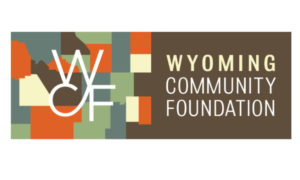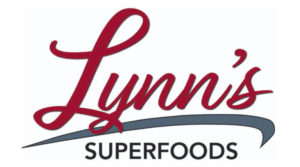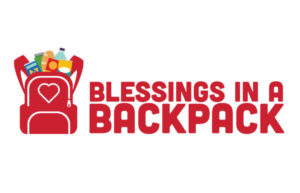Johnson County Friends Feeding Friends – FOOD POLICY
Nutritional Guidelines for Weekend Food Bags, School Pantries, Free Mini Food Pantries and Food Van
- Nutritional Balance: JC-FFF aims to provide balanced and nutritious meals for children. Food items should include a mix of grains, proteins, fruits, vegetables, dairy products, and healthy snacks to meet their dietary needs.
- Portion Sizes: The portion sizes of food items should be appropriate for children based on their age and nutritional requirements. Consideration should be given to the age group of the children participating in the program, adjusting portion sizes accordingly.
- Variety and Choice: The program should strive to offer a variety of food items to promote a diverse and enjoyable eating experience for children. Provide options within food categories to accommodate different preferences, while ensuring nutritional balance.
- Limiting Sugar Intake: JC-FF recognizes the importance of limiting sugar intake for children’s overall health. Choose food items with minimal added sugars and avoid those with high sugar content, such as sugary drinks, candies, and heavily processed snacks. Encourage the inclusion of naturally sweet foods like fresh fruits as a healthier alternative to sugary snacks. Educate parents, guardians, and children about the detrimental effects of excessive sugar consumption and promote healthier food choices.
- Allergies and Dietary Restrictions: JC-FFF is willing to accommodate allergies and dietary restrictions within reason. Parents, guardians and children should contact JC-FFF directly or through their school Point of Contact with any requests.
- Food Safety: Adhere to strict food safety guidelines and regulations when handling, storing, and distributing food items. Ensure that perishable items are stored at appropriate temperatures to maintain their freshness and prevent spoilage. Non-perishable items should be stored in a cool, dry place to maintain their quality and prevent contamination.
- Reading Food Labels: Encourage parents, guardians, and children to read food labels to identify the sugar content in packaged food items. Provide resources or educational materials on understanding food labels to help families make informed decisions about their food choices.
- Collaborating with Local Health Organizations: Partner with local health organizations, nutritionists, or dietitians to develop educational materials or workshops focused on sugar reduction and healthy eating habits. Seek their expertise to review the program’s food selections and ensure alignment with recommended sugar intake guidelines for children.
- Program Evaluation and Feedback: Establish mechanisms to gather feedback from parents, guardians, and school personnel on the food items provided. Regularly assess the effectiveness of the program in meeting children’s nutritional needs and make necessary improvements.
- Confidentiality and Dignity: Ensure that the participation in the program and the contents of the food bags are treated with utmost confidentiality and respect for the children and their families. Protect the privacy and dignity of participants by maintaining their anonymity and avoiding any stigmatization associated with receiving food assistance.
By implementing these guidelines, JC-FFF aims to provide nutritious meals and snacks while actively promoting the importance of limiting sugar intake for children’s health and well-being.
**This document was created with assistance from ChatCPT.














